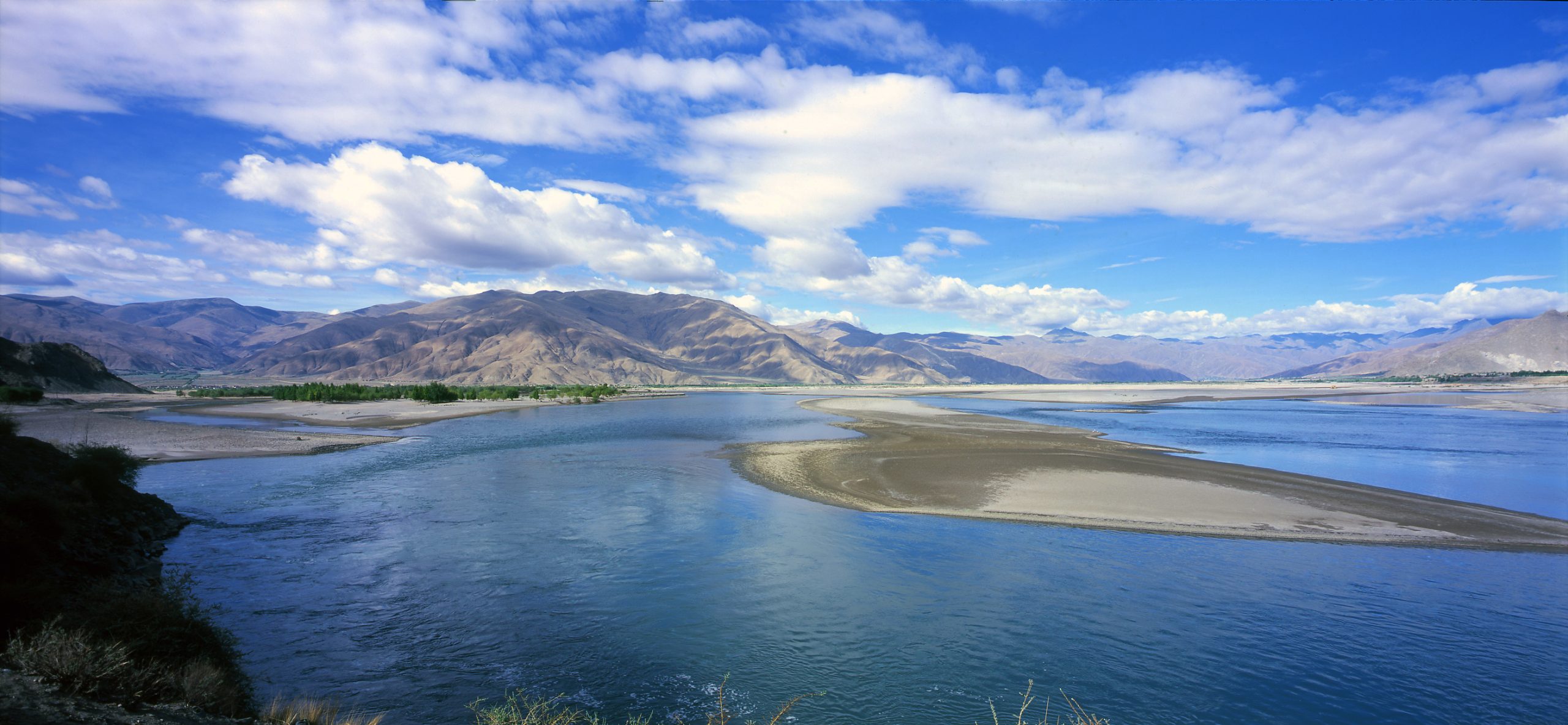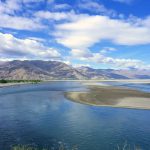
04 Jun CFP: Storying climes of the Himalaya, Andes, and Arctic Anthropogenic water bodies, multispecies vulnerability, and sustainable living
CALL FOR PAPERS
PUBLISHING WORKSHOP
Storying climes of the Himalaya, Andes, and Arctic
Anthropogenic water bodies, multispecies vulnerability, and sustainable living
9-15 October 2021 | Online
In partnership with My Climate Risk, a lighthouse activity of World Climate Research Programme (WCRP)
Co-hosted by Royal Thimphu College (Royal University of Bhutan) and Yunnan University
Context and conceptual arc
The Himalaya, the Andes, and the Arctic/tundra play a critical role in the hydrological cycle of the earth with their waters (in both solid and liquid forms), and in shaping multispecies habitats and cultural heritages within the biospheres fed by their waters. At the same time, they are experiencing new risks and degradation due to global climate change, such as melting ice, species extinction, and radical transformations of ecosystems and livelihoods. As a global outreach effort of the Himalayan University Consortium (HUC) for comparative studies of climate change in the earth’s altitudinal and latitudinal highlands, this workshop invites social and natural scientists, humanities scholars, graduate students, and development specialists to share their interdisciplinary-intended documentations and discussions of historical and contemporary narratives of climate knowledge in habitat-specific life communities in these three world regions.
The conceptual arc of this workshop is “clime” – place-specific manifestation of climate patterns and changes, which implies the mutual embodiment of climate and place (Flemming 2010; Carey and Garone 2014). It is intended to minimize the unnecessary separation of the abstractly constructed climate system from the lived earth as a multispecies planet (Hulme 2015; O’Gorman et al 2019) and to emphasize diverse sensory experiences of climate dynamics and changes over time, contextualized in specific life communities, as weather, seasons, shifting snowlines and glacier sizes, the changing courses of rivers, earthquakes, floods, droughts, and the migrations of humans and nonhumans. The idea of clime resonates with many existing place-based conceptual perspectives on the water-climate nexus emerging from the Himalayan, Andean, and Arctic contexts, such as “wet theory” (Lahiri-Dutt 2014), “terrestrial ocean” (Smyer Yü 2021), “fluvial world” (Iqbal 2021), “water as a sentient being” (Brandshaug 2019), “water commons” (Miller 2020; Smyer Yü 2021), “water facilitated commerce” (Cederlöf 2014), “water war” (Chellaney 2013), “pluriverse” (de la Cadena and Blaser 2018), “the New Arctic” (Evengård et al 2015), and “the cryo-historical moment” (Sörlin 2015). While all these perspectives call for multifaceted meanings of being human as a relational species in concrete historical, ecological, social, and affective terms, they also prompt this workshop to build horizontal connections between them and explore more integral approaches to understanding the diverse local manifestations of global climate change. As clime in this workshop particularly refers to places with high water content that are known for their roles in shaping the global hydrological cycle and local ecosystems and livelihoods, its watery character compels our watery inquiries.
Topical themes
Framed by the interconnected topical themes of water bodies (glaciers, lakes, and rivers), multispecies vulnerability (humans, animals, plants, culturally animated landforms, and traditionally revered deities and supernatural beings), and knowledge of sustainable living (local and global), we welcome papers addressing, but not limited to, the following topics contextualized in watery climes: indigenous histories of water, human affective consciousness of water, climate knowledge in indigenous meteorology, local memories as proxies of climate change, local climate knowledge absent the word “climate”, climate incarnate as seasons and weather, mountains as water bodies, the Himalayan-Tibetan Plateau as a monsoon maker, geopoetics of glaciers, nonhuman nations/geographies, multispecies relational ontology, the Little Ice Age (1300s-1800s) and human/nonhuman migrations, modern hyperseparation of water and land, anthropogenic effects of modern borders, conservation values of indigenous animistic landforms and water bodies, water as an agent of environmental peacebuilding, and emerging new environmental ethics.
Workshop and publication formats
Consisting of 4-5 thematic sessions, the workshop is a combination of thematic keynote talks by prominent scientists and scholars, individual presentations of original research papers, and peer discussions. The workshop organizers are committed to co-exploring the multifaceted meanings of clime and climate change, and creatively co-producing comparative implications from the interdisciplinary thought-exchanges among participants in both theoretical and policy terms. At the conclusion of the workshop, the designated publishing editors will work closely with participants to revise their papers for publication as a journal special issue or an edited book.
How to answer this call
Submit the title and the abstract of your paper (maximum 500 words) or your entire draft before 25 June 2021 to huc@icimod.org. Preference is given to abstracts/papers that resonate with the workshop’s topical and conceptual themes in the context of global climate change. If you have any questions related to the themes of the workshop, HUC staff will direct your queries to the workshop conveners.
The first draft of the paper is due before 8 September 2021 for pre-circulation among participants. As a part of the workshop’s common ground building effort, participants will be provided with a Workshop Reader, featuring articles and book chapters reflecting the current interdisciplinary trends and approaches to climate change.
Keynote speakers
Sunil Amrith, Renu and Anand Dhawan Professor of History Department of History, Yale University
Karsten Paerregaard, Professor, the School of Global Studies University of Gothenburg, Sweden
Conveners and publishing editors
Dan Smyer Yü, Kuige Professor of Ethnology at Yunnan University
Arupjyoti Saikia, Professor of History at Indian Institute of Technology Guwahati.
Jelle J.P. Wouters, Associate Professor in the Department of Social Sciences at Royal Thimphu College (RTC), Bhutan. .




No Comments